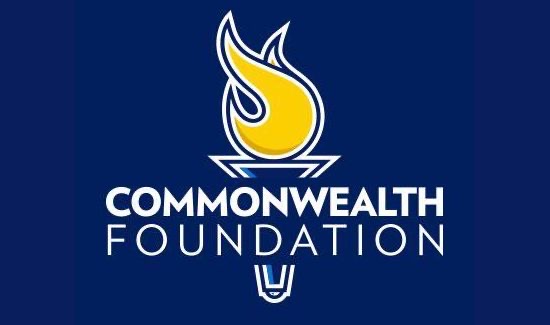Our Students Need a Lifeline

By David P. Hardy
In the last few days, the Pennsylvania House has been abuzz with anticipation of a vote on Lifeline Scholarship Program, or House Bill 2169 (Reps. Clint Owlett and Martina White). Lifeline scholarships would help children stuck in the lowest-performing schools in our commonwealth. HB 2169 empowers parents with restricted-use scholarship funding for a school of their choice and approved expenses like tutoring or books.
Sadly, there are school district leaders, even from districts that HB 2169 would benefit the most, who have joined the teachers’ unions in Herculean efforts to stop the vote for Lifeline Scholarships. In doing so, they work against the interests of students and parents.
Given the past two years of pandemic school closures followed by significant learning loss, it’s no surprise that parents are eager to support customizable education for their children. Recent standardized testing scores reveal that 78 percent of our eighth graders are not proficient in math, and 47 percent are below their grade level in language arts. These statewide scores represent staggering ten- and five-percentage point drops from 2019.
Parents know their kids need help.
Parents, especially in low-income neighborhoods, know that their child’s best chance at a meaningful education is often somewhere other than their neighborhood school. They know this from years of experience with their children’s education, their own education, and even their parents’ and grandparents’ education.
Too many inner-city neighborhoods have seen public schools fail families for generations.
Students can’t afford to wait lifetimes for their public schools to improve. Just one year of learning loss translates into thousands of dollars in lost lifetime earnings. The lack of a quality education links closely to a child’s future dependence on welfare programs and prison.
Parents and students want out. Their desire to flee underperforming schools is evident from the long waiting lists for educational alternatives. In Philadelphia alone, over 40,000 students are in line to attend a charter school. In 2019, arbitrary state caps denied over 75,000 student applications for tax credit scholarships, which would have allowed students to attend the school of their choice.
While families have always been interested in educational freedom, demand for school choice has grown robust over the pandemic. A recent poll found that an overwhelming, bipartisan majority of Americans now support school choice programs, especially for children trapped in failing public schools.
Parents refuse complacency when it comes to their children’s education.
For too long, school districts have been sidelining parents when it came to curriculum decisions, pandemic mitigation measures, and other learning challenges brought by COVID-19. Meanwhile, as Zoom cameras turned on at home, parents had front-row seats to see ineffective instructional plans that have left too many children behind.
What parents witnessed has only increased their appetite for something different.
What frustrates parents is the utter refusal of their school district and union leadership to own the situation and vow to improve it. These are leaders with whom parents have entrusted their children’s education and future. The instinct of school administrators is to explain the difficulty of pandemic teaching and learning loss—but not propose solutions. Even as their enrollment numbers decline, these district leaders refuse to change.
Lifeline Scholarships are a student-focused solution that will bring immediate relief to thousands of students in the bottom 15 percent of lowest-performing schools.
These scholarships are not only a solution for students that are direct recipients but also for the students that stay in the local district school. Local school districts retain all federal and local funds even if students leave on Lifeline Scholarships, which means increased per-pupil funding and smaller classroom sizes for their students.
Even public schools financially benefit from Lifeline Scholarships.
Instead of working against the desires of parents and students, education leaders should embrace Lifeline Scholarships as a solution to pandemic learning loss and achievement disparities that most impact minority, low-income communities. While many students thrive at their local public school, others get left behind. Lifeline Scholarships free students from failing schools and empower parents—not bureaucrats—to make the best decision for their children.
Dave Hardy, co-founder and retired CEO of Boy’s Latin of Philadelphia Charter School, is a Distinguished Fellow at the Commonwealth Foundation, Pennsylvania’s free-market think tank.





